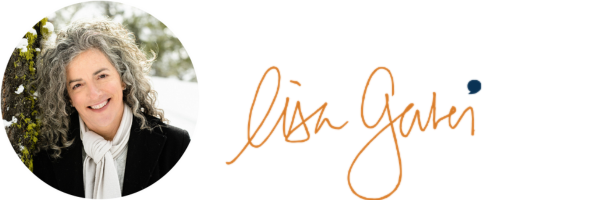“Trust me.”
My dad used to say this, and whenever he did, we all rolled our eyes in fear and perhaps a tinge of distrust. There is something that prefaces a situation with “trust me” that actually encourages us to think the opposite.
It’s like when your dog is up ahead of you, and you call her back, and she stops and looks back at you (with distrust) and looks ahead, wondering, “Why do they want me to come back? Is there a dog with good sniffs ahead?”
Instead of asking or requesting trust, stories earn trust.
When you say, “Trust me” or “Fido, Come!”
We are thinking:
- There must be a reason you think I don’t or shouldn’t trust you.
And
- There must be a dog ahead and a reason not to come.
Instead, hey Fido, there is a moose up ahead that will stomp you to death if you don’t come stat, is a more powerful story. (If only dogs actually understood.)
If you want to build trust, you have to earn it, not ask for it. (I love my Dad, but he didn’t get that part. wink)
Trust is interesting because many of us think we have earned it. But have we? A Vanguard whitepaper from 2017 on trust and financial advice identifies three types of trust:
Functional
Emotional
Ethical
When all three of these needs were met, clients were more likely to trust their advisors, but not all three types of trust are weighted evenly.
Functional trust accounts for 17 percent of total trust. Your credentials, skills, day-to-day operations, and proactive communications contribute to functional trust.
Emotional trust accounts for 53 percent of total trust. These are intangible aspects of the relationship. In financial management, it means they think the advisor “is my advocate” – makes me feel my portfolio is important.” From a broader perspective, it means you are the only or the best one to help us.
Ethical trust accounts for 30 percent of total trust and means there is no conflict of interest, reasonable compensation, and fees acting in the client’s best interest.
You can see where functional trust makes you think you have earned the trust of your audience, but emotional trust is what retains and expands your efforts.
I worked with a graphic designer for a few years because he got the job done, and I could count on him (functional trust). But he was difficult to work with in a few ways, and we hadn’t created a relationship where I felt like he was the only one to help me (emotional trust). In fact, I was continually on the lookout for someone better.
Emotional trust is built over time through your actions and the stories of your actions.
It is built by earning trust through your stories, not by asking for or demanding it.
Take care out there.

SOME WAYS I MAY BE ABLE TO HELP YOU AND YOUR TEAM:
LEAD YOUR WAY: This mentoring/coaching program is designed to help you step into your leadership and show up as your best self so you can communicate to connect and amplify your impact.
COMMUNICATE TO CONNECT: In my storytelling workshops, I teach leaders of all capabilities how to engage authentically with their teams, community, and stakeholders to create meaningful connections that build trust, increase team engagement and lead to better fundraising and revenue generation.
Did you have something else in mind? Let’s talk and see how I might be able to help. Contact me and we’ll schedule a chat.
Stay in touch.
Sign up for our newsletter and receive a digital version of my book From So What? To So Funded! for free.

Leave a Reply